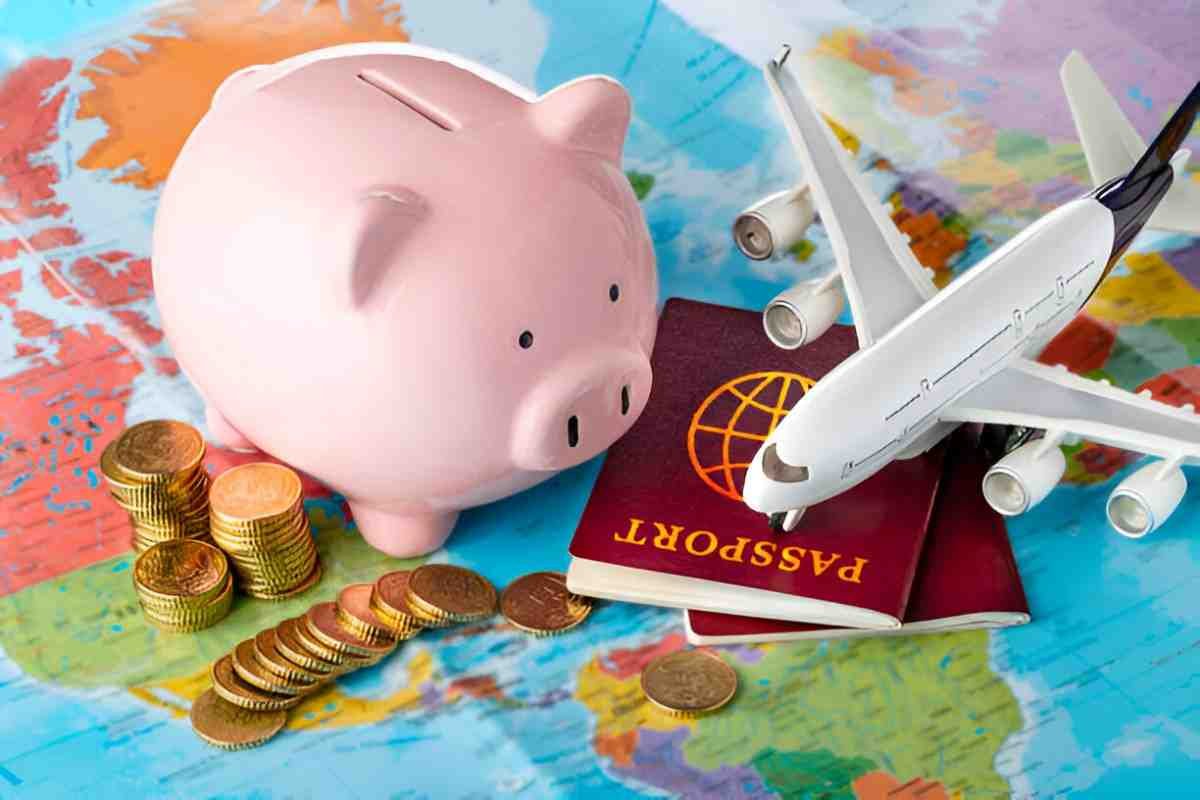Traveling enriches life, but it can drain savings if not planned wisely. Over the years, I have learned how to travel well without overspending. Here are ten smart ways to save money on travel without sacrificing comfort or experience.
Table of Contents
1. Be Flexible with Dates and Destinations
Airfare and hotel rates fluctuate based on demand. If I avoid peak seasons, I save a significant amount. Instead of setting rigid travel dates, I check airfare comparison sites like Google Flights and Skyscanner to spot the cheapest times.
For example, a round-trip flight from New York to Paris in July costs around $1,200. The same flight in October drops to $600. That’s a 50% savings just by shifting travel dates.
Table 1: Flight Price Comparison by Season
| Destination | Peak Season Cost | Off-Peak Cost | Savings % |
|---|---|---|---|
| Paris | $1,200 | $600 | 50% |
| Tokyo | $1,500 | $800 | 47% |
| Sydney | $1,800 | $900 | 50% |
2. Use Credit Card Points and Rewards
Many credit cards offer travel rewards. I use a card that earns points on everyday purchases. Over time, these points accumulate and cover flights, hotels, and even rental cars.
For instance, if I spend $1,000 a month on a travel rewards credit card that offers 2 points per dollar, I earn 24,000 points annually. That can translate into a free domestic flight or a heavily discounted international ticket.
Table 2: Value of Travel Points
| Points Earned | Equivalent Cash Value | Redemption Option |
|---|---|---|
| 24,000 | $240 | Domestic Flight |
| 50,000 | $500 | International Flight |
3. Book Flights in Incognito Mode
Airlines use cookies to track searches and increase prices on repeated searches. When booking flights, I use incognito mode or clear browser cookies to get the lowest fare.
4. Consider Alternative Accommodations
Hotels are expensive, but alternatives like Airbnb, hostels, or vacation rentals provide savings.
- A hotel in downtown London costs $200 per night.
- An Airbnb in the same location costs $100 per night.
- That’s a savings of $700 over a week.
5. Use Public Transport Instead of Taxis
Public transport costs a fraction of what taxis and ride-shares charge. For example, in Tokyo:
- A 20-minute taxi ride costs $30.
- The same trip by metro costs $3.
- Over five days, that’s a $135 savings.
6. Cook Some of Your Meals
Eating out for every meal adds up. I book accommodations with a kitchenette and cook at least one meal daily. If dining out costs $15 per meal and I replace one meal per day with a homemade one, I save $105 over a week.
7. Take Advantage of Free Activities
Every city has free attractions. I research ahead and plan my itinerary around them.
For example, in Paris, instead of paying $25 for the Louvre, I visit on the first Sunday of the month when entry is free. That’s $50 saved for two people.
8. Buy Attraction Passes
Many cities offer passes that bundle attractions at a discount.
- New York CityPASS costs $138 for five attractions.
- Individually, these attractions cost $200.
- That’s a $62 savings.
9. Avoid Foreign Transaction Fees
Many banks charge fees on international transactions. I use a no-foreign-transaction-fee card to avoid these unnecessary charges, which can be 3% of every purchase.
10. Pack Light to Avoid Baggage Fees
Checked bags can cost $50 per flight. By traveling with a carry-on, I eliminate these costs. Over multiple flights, this adds up.
These strategies help me travel more for less. With careful planning, I cut costs without compromising experiences.





